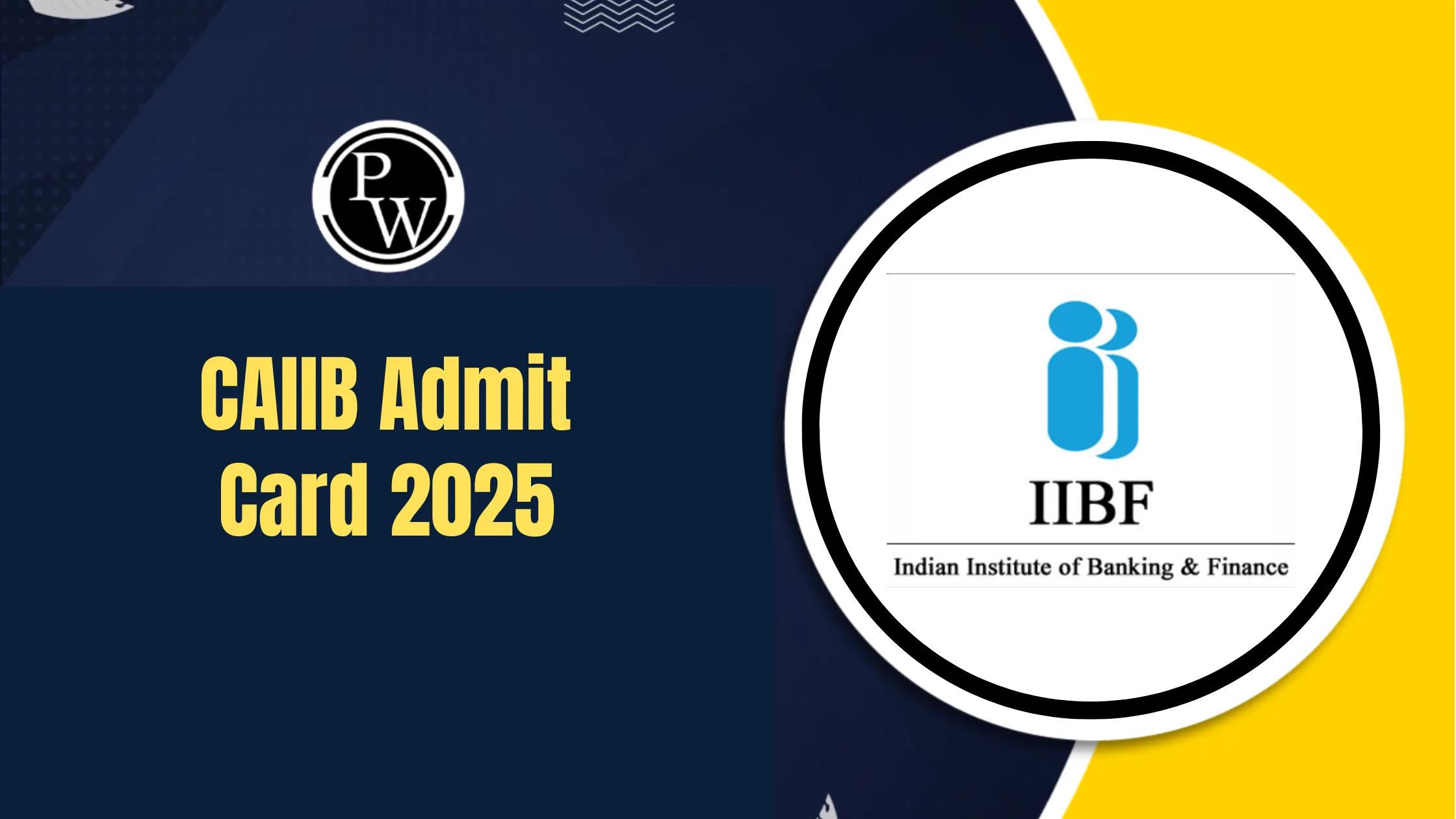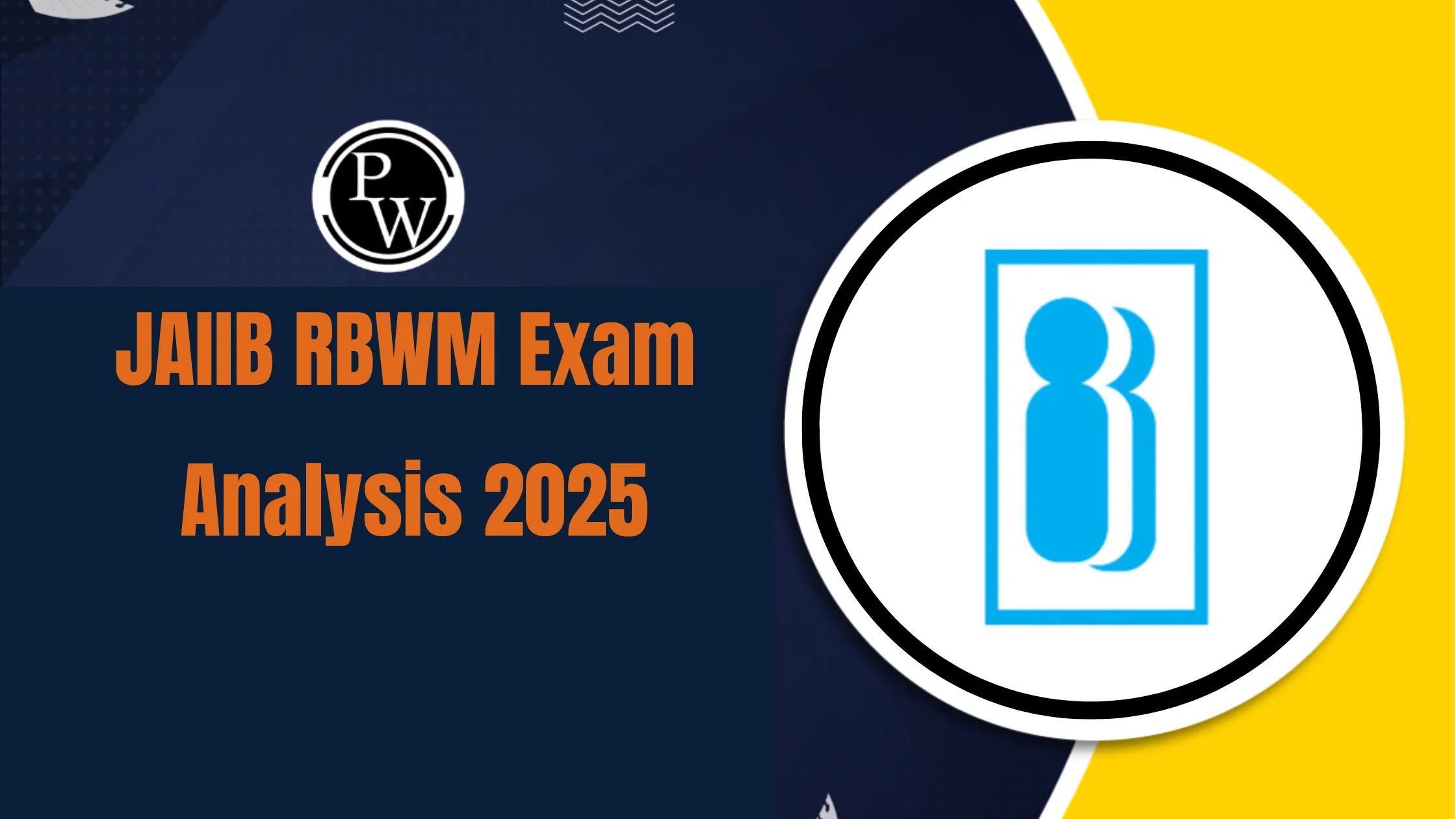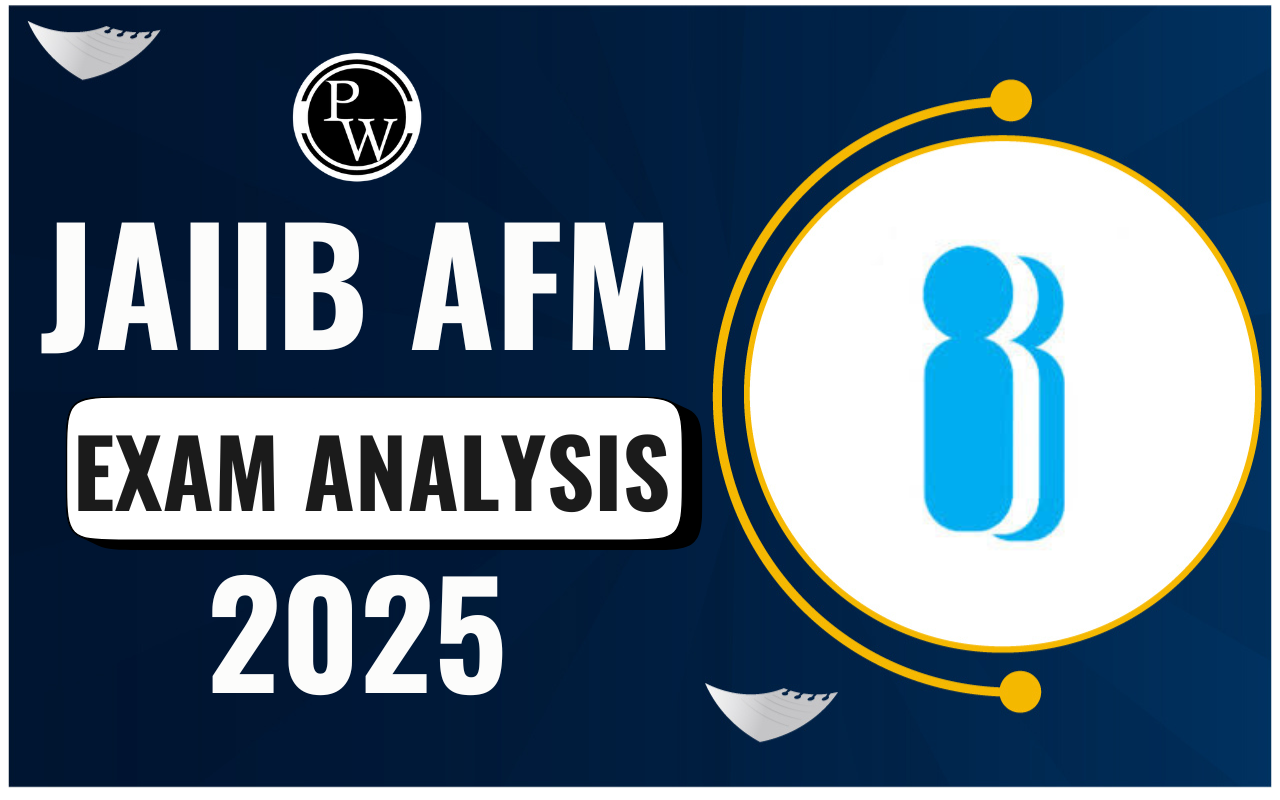
Ethics in Banking: All societies require ethics in banking to ensure the greatest benefit to the greatest number. There are
several considerations behind this requirement. Some Operations in the banking industry are characterized by extensive information asymmetry. On the liability side, depositors are not fully aware of the liquidity and asset quality of the banks where they hold their deposits. Depositors cannot be be absolutely sure of the safety of their deposits or reasonable returns. In terms of assets, banks cannot be absolutely sure of a borrower's ability to repay on time, despite any guarantees that may be made through collateral and/or careful review of loan proposals. This information asymmetry means that banks can take depositors with them. Borrowers, on the other hand, can bring banks with them.Ethics in Banking
According to the study, the main objective is ethical challenges and problems in the Indian banking sector, the nature and element of ethical dilemmas also discuss how a bank official behaves with his customers and find out whether he follows ethical behavior. No. In addition to this, we also focus on current issues and challenges that affect the banking industry from the perspective of customers and employees. There is another purpose which is as follows:- It describes business practices generally covered by the code of conduct of a financial institution.
- Identify rules prohibiting unethical practices, problems and challenges in banking.
- An effective approach to help determine appropriate actions in situations where there is potential for ethical violations.
Principles of Banking Ethics
(a) Integrity: It simply means choosing one's thoughts and actions based on values instead of seeking personal gain from another person. It adheres to the principle of integrity in all relationships during its operations.
(b) Impartiality: It differs from the basic principle "Respect for man is the basis of success". never discriminate against your employees and customers and refrain from biased behavior. and to refrain from any discrimination based on ethnicity, religion, economic and social status or gender
in the provision of our services;(c) Credibility: This means that the bank must provide its customers with clear, understandable and correct information in the form of mutual trust with the customer in all its service areas and operations so that they can serve their services . the best for customers if the services are provided in a timely and complete manner
(d) Transparency: the bank must provide its customers with clear, understandable and honest information about their rights and obligations, benefits and risks associated with the products and services rendered to them and before offering any products and services or advice that effectively evaluates its customers and the financial ability, condition and needs of their customers and offers its products and services accordingly.
(e) Misuse of Information: The Bank will take all necessary measures to prevent misuse of inside information against itself and its customers.
Ethical Issues Faced by Indian Banking
a) Poor coordination with public/ Rude behavior towards customers: In Indian banking system, behavior of bankers towards customers seems seems unfavorable and uncooperative, this may be due to high work stress consisting of less knowledge, the unfavorable behavior of customer stops etc.
b) Problems and challenges faced by banking sector in India:
- Not able to earn enough. Despite all the headlines about banking profitability, the Indian banking sector is still not delivering enough return on investment or return on the stock that shareholders demand.
- Consumer expectations. It's all about the customer experience these days, and many banks feel the pressure to not provide the service that consumers demand, especially technology.
- Challenges in Adopting New Technology: Banks and their employees face great challenges in adapting to new technology because they have less knowledge about the technology and are also not fully trained. Regulatory pressures: Regulatory requirements continue to grow and banks must spend a large portion of their discretionary budgets on
- compliance and real estate and processes to keep up with the growing demands.
c) Indian Bank Frauds: A Fraud That Rocked Indian Banking.
d) Money Laundering: Current Issues and Challenges: In recent years, especially the terrorist attacks of September 11, 2001, the global fight against money laundering and terrorist financing has gained importance. Money laundering and terrorist financing are fundamental global problems that not only threaten security, but also threaten the stability, transparency and efficiency of financial systems, thus undermining economic prosperity.









